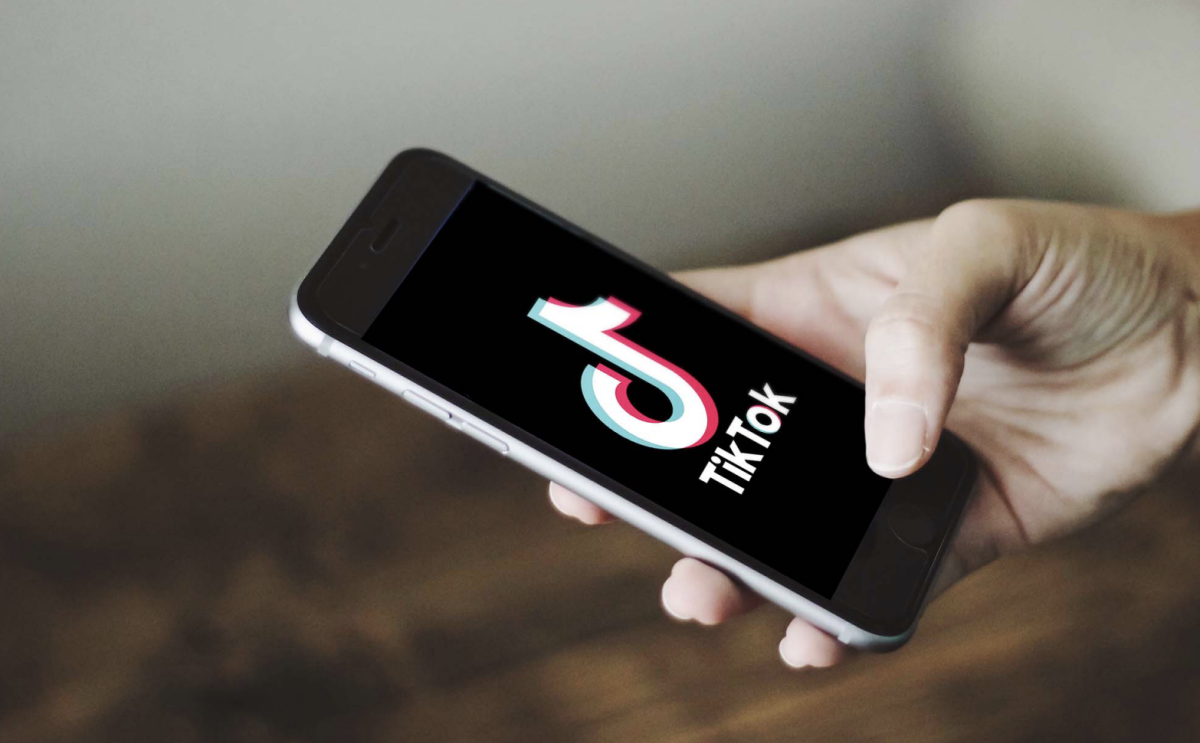TikTok is one of the most used apps in the United States, especially among youth. The possibility of a TikTok ban first arose in 2020, with former President Donald Trump spearheading the initial effort. Since then, it has been a recurring conversation, and in March 2024, Congress passed a bill threatening to ban TikTok unless its owner, ByteDance, divested its ownership. President Joe Biden has promised to sign this bill if it passes in Congress. However, the bill and the possibility of a complete TikTok ban have divided the public. Still, Congress must rule to ban TikTok, as the app is undoubtedly a national security threat. Its influence on youth, spreading misinformation, and data privacy violations raise concerns and demonstrate why banning or selling TikTok is necessary.
TikTok is owned by ByteDance, a Beijing-based internet technology company. Due to this ownership, users could be subject to Chinese laws that require data to be shared upon request. Given the vast amount of personal data that TikTok collects, this raises concerns about user privacy. Additionally, China has strict censorship laws which raises fears that TikTok could be used for spreading Chinese propaganda or censoring content deemed sensitive by the Chinese government. On several occasions, TikTok has been accused of censoring content related to Hong Kong protests or criticism of the Chinese government.
Almost one in four of TikTok’s users is under the age of 20, a startling statistic that shows its undeniable influence on Generation Z. The app’s short videos lead to hours of endless scrolling, which studies have shown links to lowering attention spans and rate of absorbing information. This is particularly harmful to younger students and impacts every aspect of their lives. Additionally, TikTok negatively affects mental health and has been associated with depression and social anxiety. The rate of cyberbullying on the app is excessively high, paired with pressure to go viral or to focus excessively on one’s appearance. Overall, TikTok has detrimental effects on everyone, and these overwhelming negatives overshadow the quick dopamine hits.
TikTok has also been linked to the spreading of misinformation. According to a research report, when a user searches the app for top news stories, about 20% of the content shown contains misinformation. During the year 2020, between the election and COVID-19, misinformation on the app was at an all-time high. People claiming to be certified doctors were convincing people that the vaccine was a government hoax or that the 2020 election was rigged. TikTok’s interface causes these types of videos to gain attention rapidly, as the more people interact with them, the more these videos are shown on the “For You Page.” People may be susceptible to believing falsehoods due to their own lack of knowledge, which is especially dangerous. More recently, rumors of a live-action “Tangled” film swarmed the app after people claimed that a South-Asian actress would be playing the title role. Instantly, racism and hateful language ran rampant on the app due to an entirely fabricated piece of information.
Situations like that will continue to happen if TikTok is not banned or does not act against misinformation. So, the Senate must vote to ban the app or force it to sell to a U.S.-owned company to keep users’ data safe, protect the younger generation and prevent dangerous falsehoods from spreading.











































